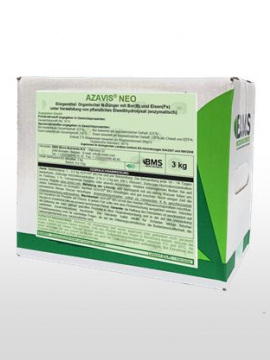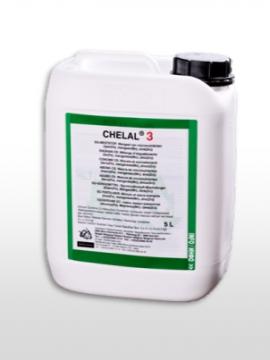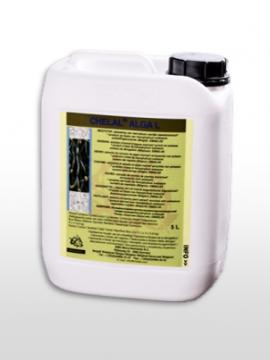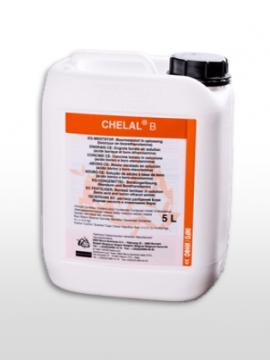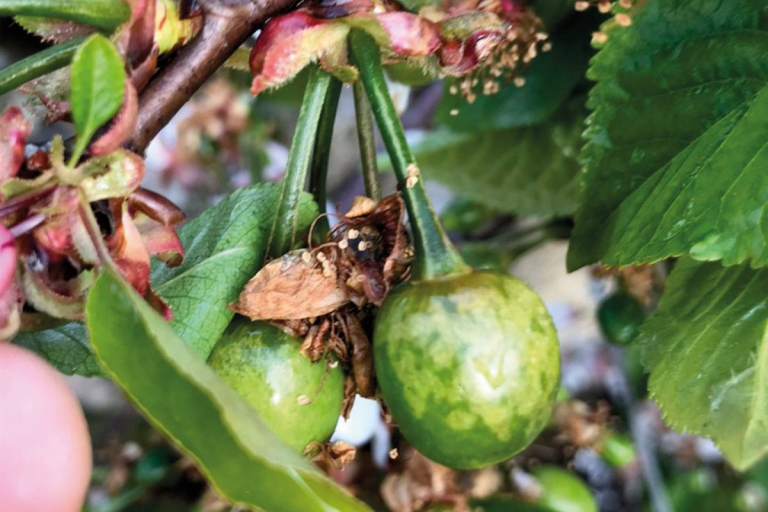You are here
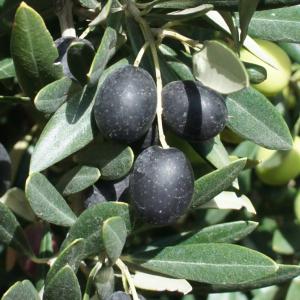
Olive
Moderate to high sensitivity to the deficiency of: B, Zn
Low to moderately sensitivity to the deficiency of: Mg
(the sensitivity to the deficiencies of these nutrients can vary in function of the variety)
Worldwide there is an enormous variation in the cultural techniques of the olive grove, from very intensive to very extensive. Factors as varieties, climates, irrigation, fertilization, plant density, pest control, .... influence all drastically the production.
The programs and products of BMS Micro-Nutrients are able to solve all the nutritional problems that might occur under this wide range of circumstances in this crop.
Extensive techniques
In extensively managed olive groves, with generally poor fertilizer applications to the soil, the applications with Kappa V and Kappa G allow to fertilize the crop foliar. The application of these products stimulates the growth of the plant, improves the nutritional state of the plant, and eliminates deficiencies.
Intensive techniques
In intensively grown trees, foliar fertilization reduces the alternation in flower and fruit setting between consecutive years, increases the production, and improves the quality (fruits size, oil content and homogeneity of the fruits).
Boron and zinc
Of all the trace elements boron is the best known, but deficiencies of zinc are also frequent in this crop. Aside from the specific functions of these 2 elements (boron: flowering, fertility of pollen; zinc: juvenile growth....) these 2 elements also influence alternate bearing. Correct nutrition of boron and zinc reduces this problem.
In case of important deficiencies of these elements, we recommended to use respectively Chelal B and Chelal Zn. If deficiencies are less severe, the products of the Landamine range (mainly Landamine B, Landamine BMo and Landamine Zn) apply the corresponding micro-elements in smaller amounts and combine them with a foliar fertilization of phosphorum and potassium.
